Guy William Fincham and his team’s meta-analysis provides a thorough evaluation of how effective breathwork is in reducing self-reported stress, anxiety, and depression. This study is crucial for understanding the role of controlled breathing in managing mental health.
Detailed Study Analysis
The research analyzed data from randomized controlled trials up to February 2022. It compared the effectiveness of breathwork to non-breathwork controls in reducing stress and improving mental health. The study’s thorough methodology and examination of various breathwork techniques offer a solid understanding of this therapeutic practice.
Key Findings from the Meta-Analysis
The meta-analysis found that breathwork led to lower stress levels compared to control conditions. It also showed significant improvements in self-reported anxiety and depression symptoms. These results underscore the potential of breathwork as an effective method for managing stress and enhancing mental health.
Visual Elements in the Study
The study includes:
- Forest plots comparing breathwork interventions with non-breathwork control groups.
- Graphs showing the standardized mean differences in stress, anxiety, and depression levels.
- Diagrams for assessing the risk of bias.
Conclusions and Practical Applications
The study concludes that breathwork may be an effective way to improve stress, anxiety, and depression. However, it advises caution in interpreting the results and calls for more detailed research with designs that have a low risk of bias. These findings suggest that breathwork could be incorporated into mental health management strategies, offering an accessible and potentially effective approach to improving psychological well-being.



